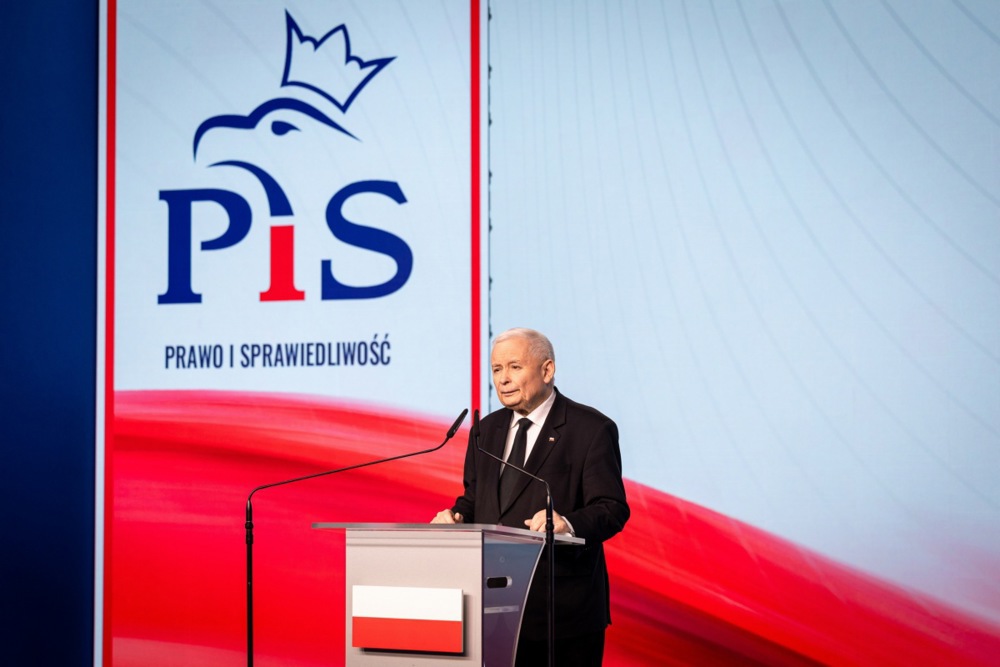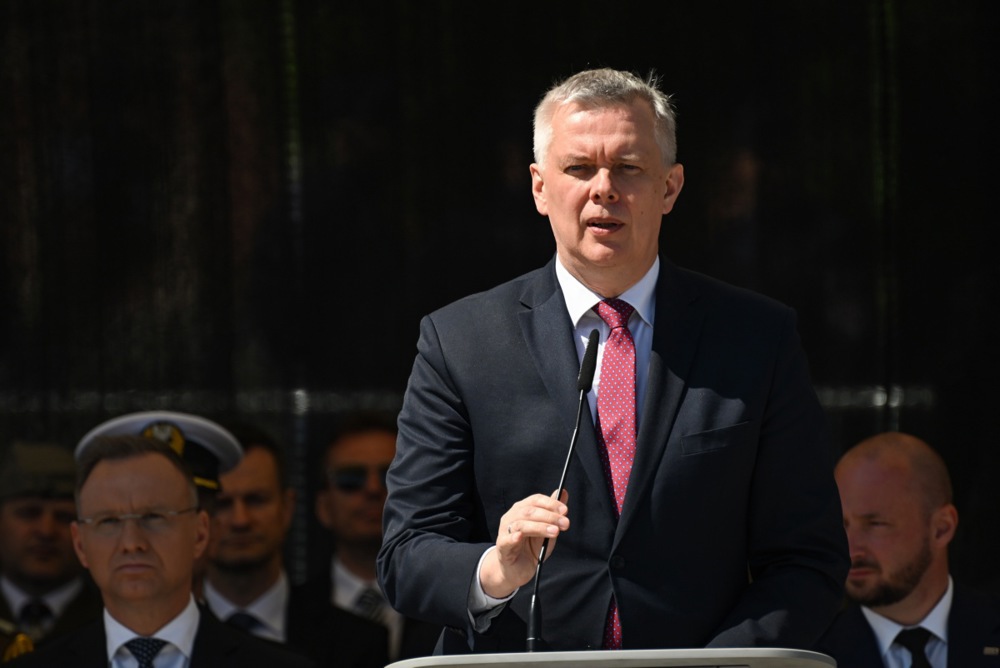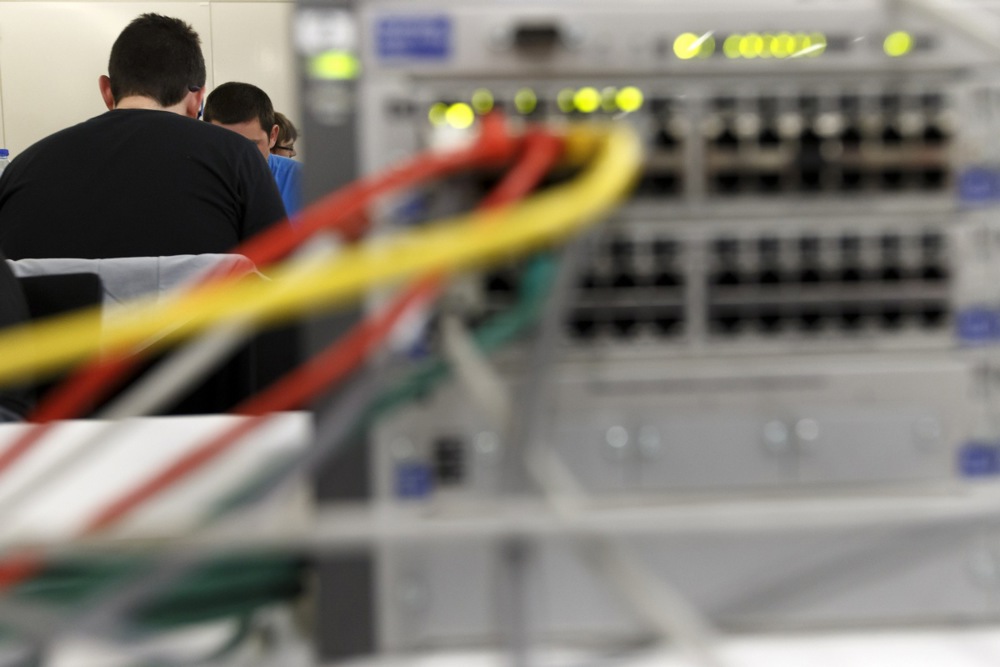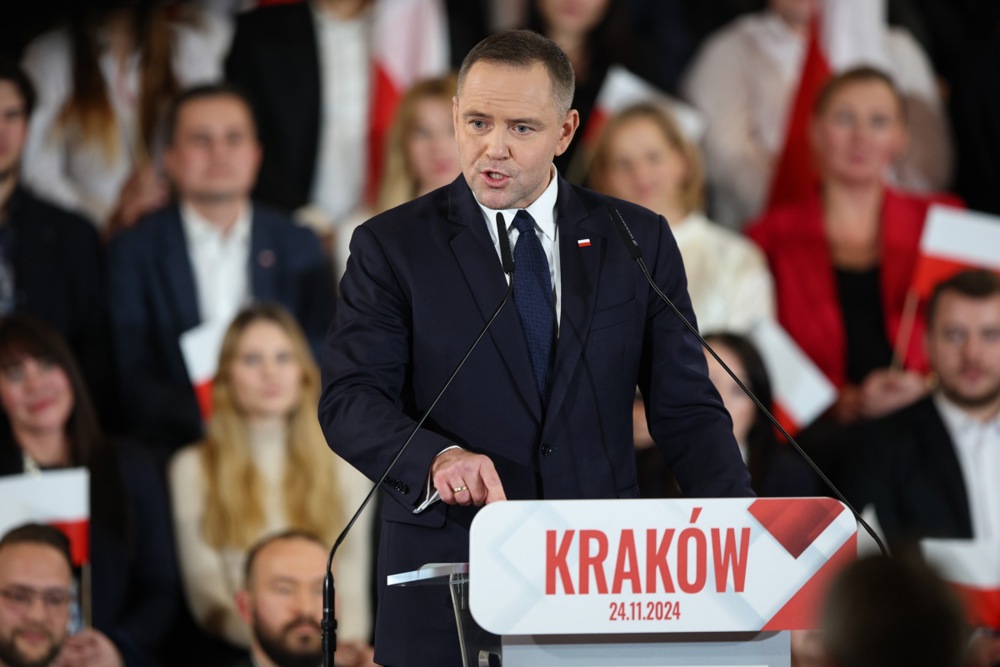Poland’s presidential election due for May, 2025 has been thrown into doubt as the electoral regulator (PKW) and the centre-left government have refused to recognise the Supreme Court’s Supervisory Chamber.
That body is responsible for certifying the registration of candidates and the results of the election as legitimate.
The PKW on December 16 voted to ignore the verdict of the chamber to bring back state funding for the main opposition party, the Conservatives (PiS).
That was on the basis that appointments to the chamber over the lifetime of the last PiS government were recommended to President Andrzej Duda by the National Judicial Council (KRS), which the European Court of Justice (ECJ) has ruled did not guarantee judicial independence.
However, the PKW’s decision has been opposed by its own chairman, Justice Sylwester Marciniak, who warned it would “lead to the paralysis of state bodies”, including the PKW itself.
He reminded his colleagues that the chamber was responsible for certifying the election result in 2023 that brought about a change in government.
Marciniak added: “If the registration of any candidate for the presidential election is denied by the election regulator but then the decision is reversed by the court, the lack of recognition of that decision by the PKW would result in the election being thrown into a state of chaos.”
Most members of the PKW’s governing body, who were elected to parliament by the Prime Minister Donald Tusk-led government, passed a resolution to adjourn discussion of the chamber’s verdict until its demanded changes have been made.
That cannot happen without co-operation between the PiS-aligned Duda and the ruling majority government.
The decision taken by the PKW has also raised the question of how it can administer the coming presidential election when it does not recognise the body constitutionally responsible for certifying the registration of candidates and then the results of the ballot.
Duda, whose term of office expires in August next year, told independent TV Republika on December 17 that challenging the legitimacy of any chamber of the Supreme Court undermined the presidential prerogative of appointing judges.
“If someone questions one of the chambers of the Supreme Court and uses the term ‘neo-judges’ [the term used by critics to describe judges appointed during the reign of the PiS government], they are effectively challenging the presidential prerogative of appointing judges.”
“I totally disagree with this and will always defend the appointed judges,” he asserted, suggesting gridlock between himself and the Tusk majority over the issue.
The Speaker of Parliament Szymon Hołownia will be responsible for determining the exact date of the presidential election but from that date the administration of it is the responsibility of the PKW.
Decisions taken by the PKW and the results of the election can be challenged in the Supreme Court where the Supervisory Chamber would adjudicate.
If the PKW did not recognise the decisions taken by the chamber, the whole election process could be challenged in Poland’s Constitutional Court, which is separate from the Supreme Court and the only body with the authority to rule on the constitutionality of legislation and executive actions.
The Tusk government, though, has questioned the legitimacy of the Constitutional Court, claiming it was illegitimately constituted.





